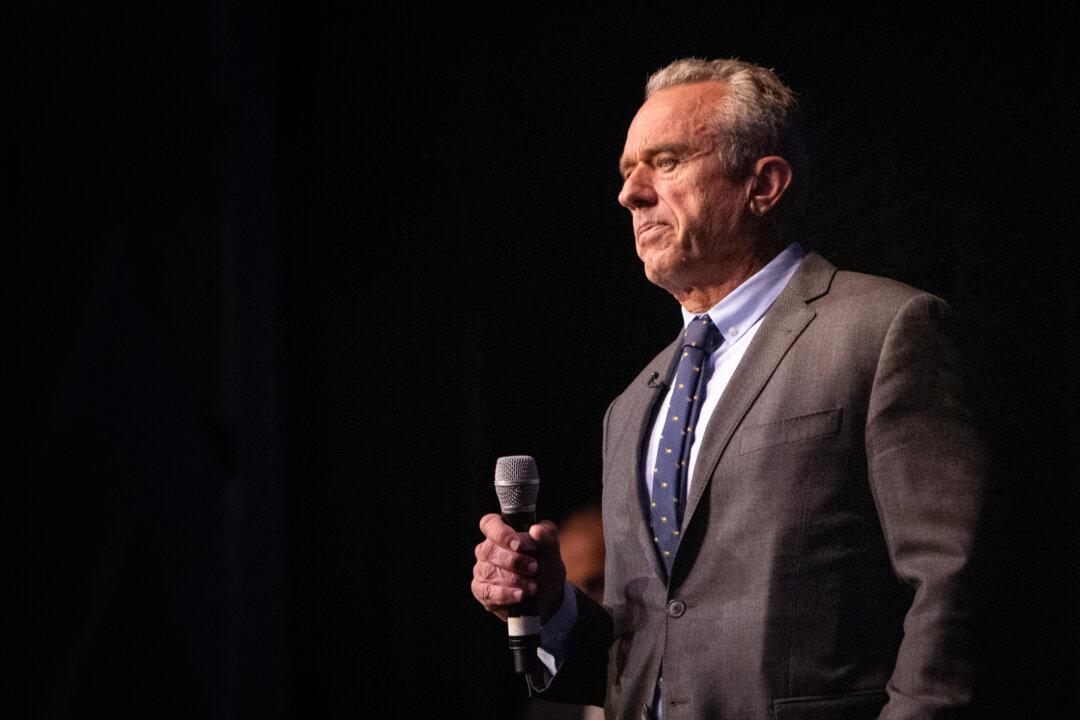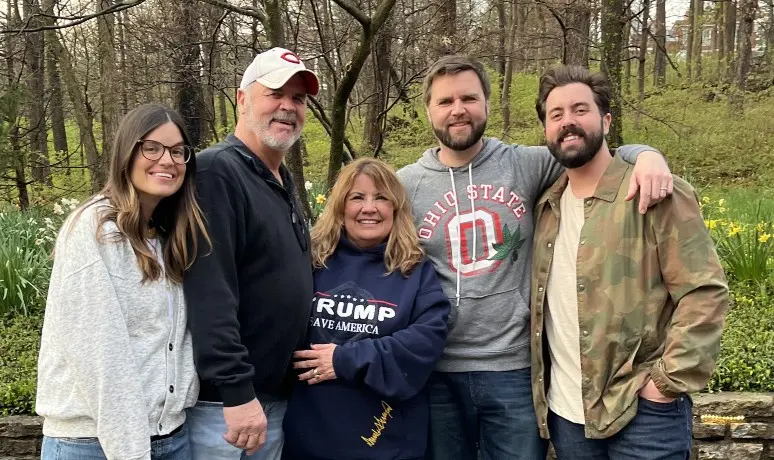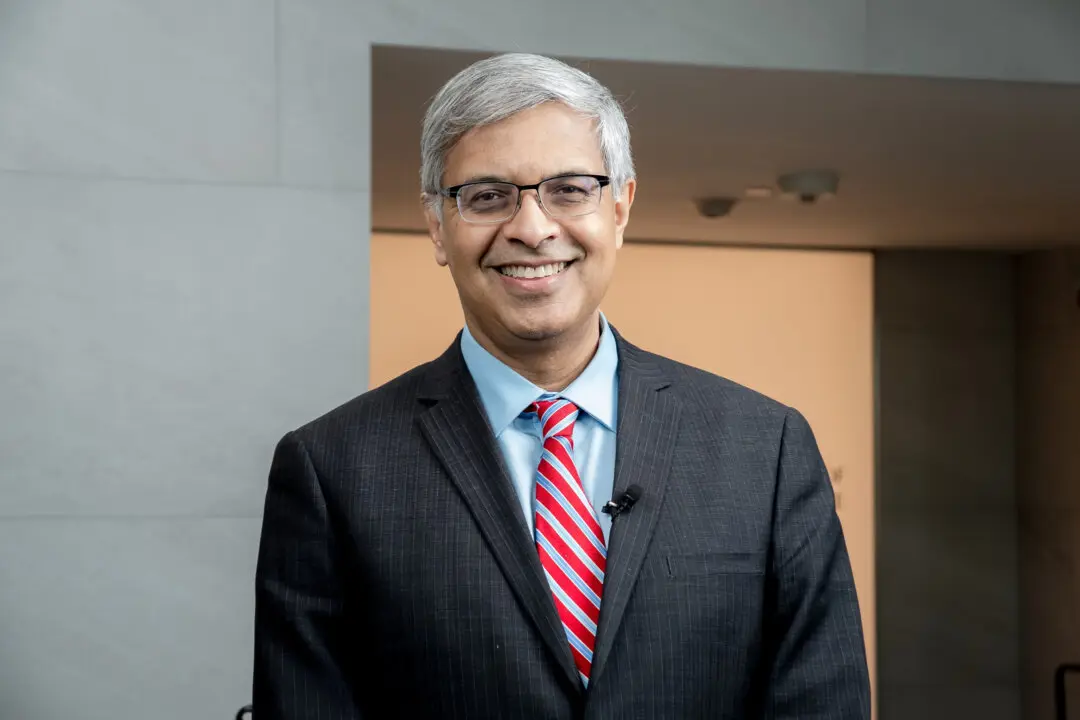Presidential candidate Robert F. Kennedy Jr. this week reiterated his objection to U.S. involvement in the Russia–Ukraine war, criticizing American defense contractors who met with Ukraine President Volodymyr Zelenskyy in Washington.
“I was surprised that they did it so openly,“ Mr. Kennedy told The Epoch Times after a Dec. 13 voter rally in Kansas City. ”The optics of it are very, very bad. The grift is right in our faces. No one bothers to conceal who the real stakeholders are in the Ukraine war.”





